It seems whenever I turn on my TV these days, there’s Larry the Cable Guy with a quick fix for heartburn.
He makes it sound so simple. Just pop a pill, eat all the chili dogs you want, and no more heartburn… at least for a couple of weeks.
What Is Heartburn?
Heartburn is an irritation of the esophagus that is caused by stomach acid. It has nothing to do with the heart.
But a new study has found a link between proton-pump inhibitors (PPIs) — heartburn drugs — and the premature aging of blood vessels.
Heartburn Drugs PPI Side Effects
Researchers focused on the effects of two PPIs, one of which is Nexium. They found that long-term usage of these drugs had a negative effect on the cells that line the interior of blood vessels.1
Here’s Why That’s Important…
Normally, protective endothelial cells produce substances that relax your blood vessels. They create a slick “Teflon” coating inside the vessels. This protects your heart and vital organs by preventing plaque or blood clots from sticking to blood vessels and for
ming blockages.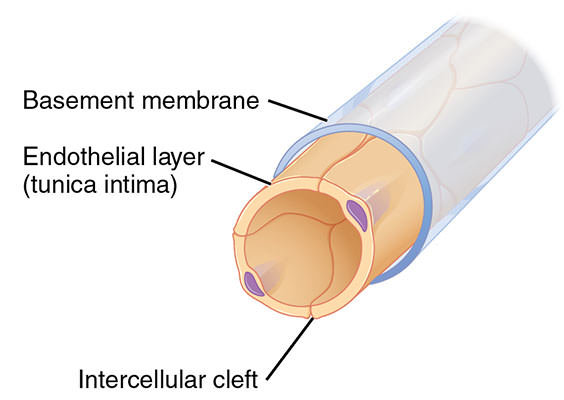
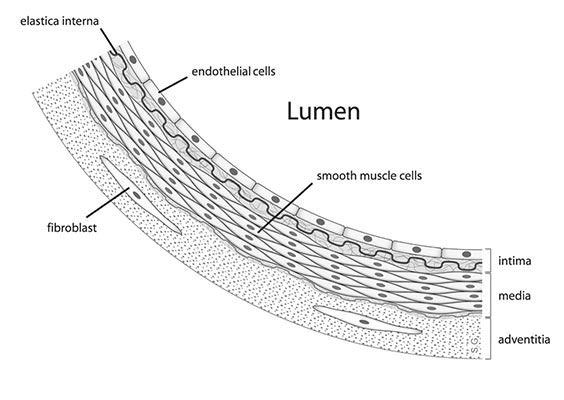
When waste builds up in your body, it hampers the ability of cells to protect your blood vessels.
Instead of Teflon, your blood vessels become more like Velcro. The plaque and blood clots begin to stick. When this happens, you’re at a greater risk of heart disease, kidney disease, and dementia.
And that’s not all the researchers found.
PPIs also affect lysosomes. Those are acid-producing cells in your body that clear up unwanted debris. Without enough acid to remove the waste, the cells protecting your blood vessels age rapidly.2 That can lead to a stroke, heart attack or kidney failure.
Of course, these findings aren’t going to stop Big Pharma from selling PPIs.
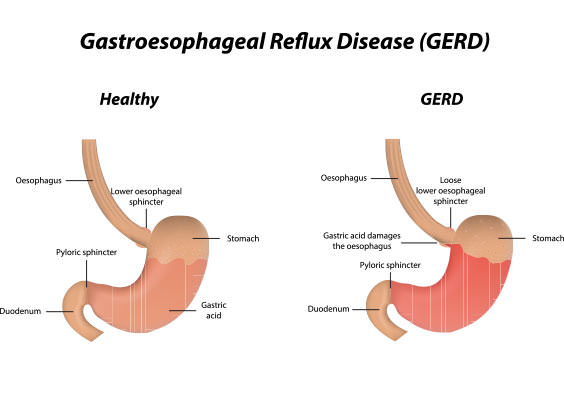
That’s because gastroesophageal reflux — or GERD — affects 20% of the U.S. population.3 And an estimated $7 billion is spent on PPIs each year.
But despite mainstream medicine’s claims, stomach acid is NOT your enemy. You need stomach acid. It helps your body digest food and absorb nutrients.
It is also a critical part of your immune system. It helps protect you from harmful bacteria.
An overlooked cause of heartburn is your lower esophageal sphincter (LES). This is a small muscle that opens and closes to let food pass from your esophagus into the stomach.
Normally, when food passes, your LES closes and blocks stomach acid from coming back through the esophagus.
The problem begins when your LES doesn’t shut tight. This happens more often as you age. Even a slight opening can let stomach acid, bile and food back into your esophagus.
Your upper esophageal sphincter (UES) at the top of your stomach can also let acid into your esophagus.
Fight Heartburn Naturally
While antacids may relieve some of the symptoms, they won’t do anything to resolve the problem.
There are easy ways to avoid heartburn, like eating smaller meals, passing on spicy foods and not wearing tight clothing.
It also helps if you don’t smoke. Nicotine weakens the esophageal valve, allowing stomach acid to back up.
Natural Remedies For Heartburn
But sometimes heartburn is unavoidable. I recommend two safer, natural remedies to my patients:
- D’limonene – This is the most effective remedy for heartburn. It’s an extract from orange peel.
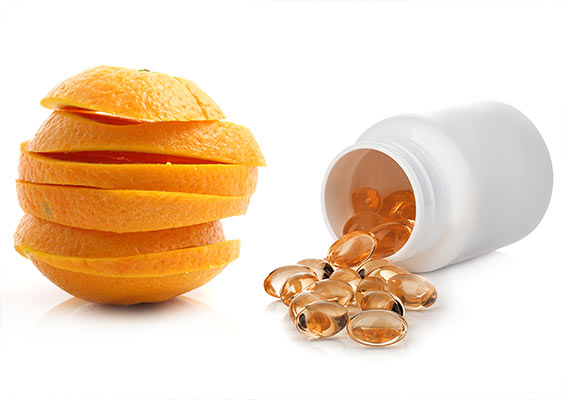
In one trial, 90% of the people taking D-limonene reported complete relief of their heartburn symptoms in just two weeks. And the effect lasted for six months after they stopped taking it.4
You can find D-limonene at your local health food store. I recommend one 1,000 mg capsule every other day for 20 days.
- Ginger root – Ginger has anti-inflammatory properties and speeds up the digestive process, preventing gas build up. It also helps to regulate bile and gastric juices in your digestive system.
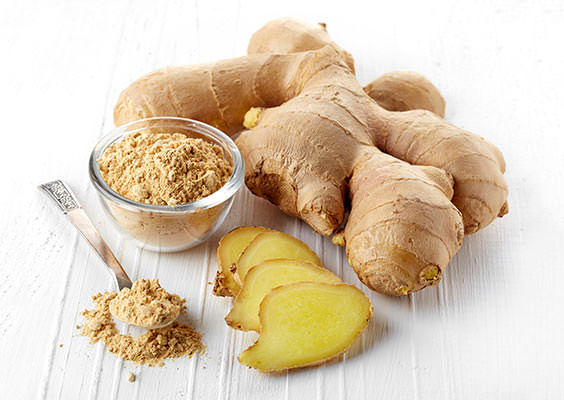
Adding a simple tea to your daily diet can work wonders. It tightens your LES, helping with the back-flow of stomach acid.5
Try My Ginger Root Tea Recipe:

- Remove the skin from a piece of fresh ginger root and chop into small pieces or slices.
- Fill a small pot with two cups of water and boil;
- Add the ginger and cover. Let it simmer for about 10 minutes.
- Try adding a little cinnamon for extra flavor.
- Mint – This herb has been used for hundreds of years to promote digestion and soothe cases of inflammation. The aroma of mint activates your salivary glands as well as glands that secrete digestive enzymes.

You can grow mint leaves in your yard or in a pot in your kitchen. Simply chew a leaf, then tuck it back against your molars and let it dissolve.
Or drink mint tea or eat mint candies. There’s a reason they’re called “after-dinner mints.” It’s because they’re great for the digestion of your meal. Just make sure they’re made with real mint and not artificial mint flavoring.
To Your Good Health,
![]()
Al Sears, MD, CNS
1. Gautham Yepuri et al. Proton pump inhibitors accelerate endothelial senescence. Circulation Research, doi: 10.1161/CIRCRESAHA. 116.308807, published 10 May 2016.
2. Ibid.
3. El-Serag HB, Petersen NJ, Carter J, et al. Gastroesophageal reflux among different racial groups in the United States. Gastroenterology. 2004;126:1692–1699.
4. Willette RC, Barrow L, Doster R, Wilkins J, Wilkins JS, Heggers JP. Purified d-limonene: an effective agent for the relief of occasional symptoms of heartburn. Proprietary study. WRC Laboratories, Inc. Galveston, TX.
5. Lohsiriwat S. Rukkiat M., Chaikomin R., et al. “Effect of ginger on lower esophageal sphincter pressure.” J Med Assoc Thai. 2010 Mar; 93(3): 366-72.
